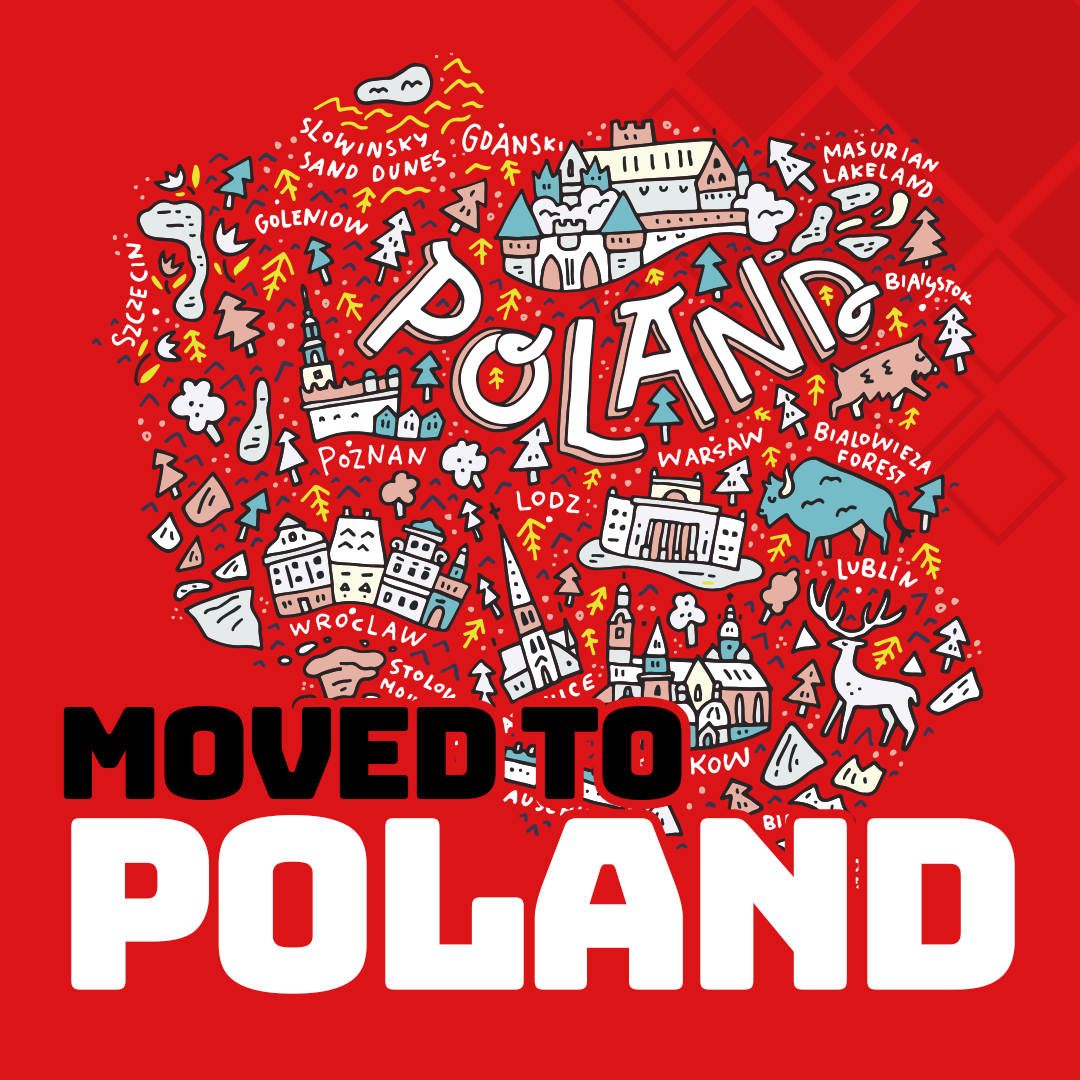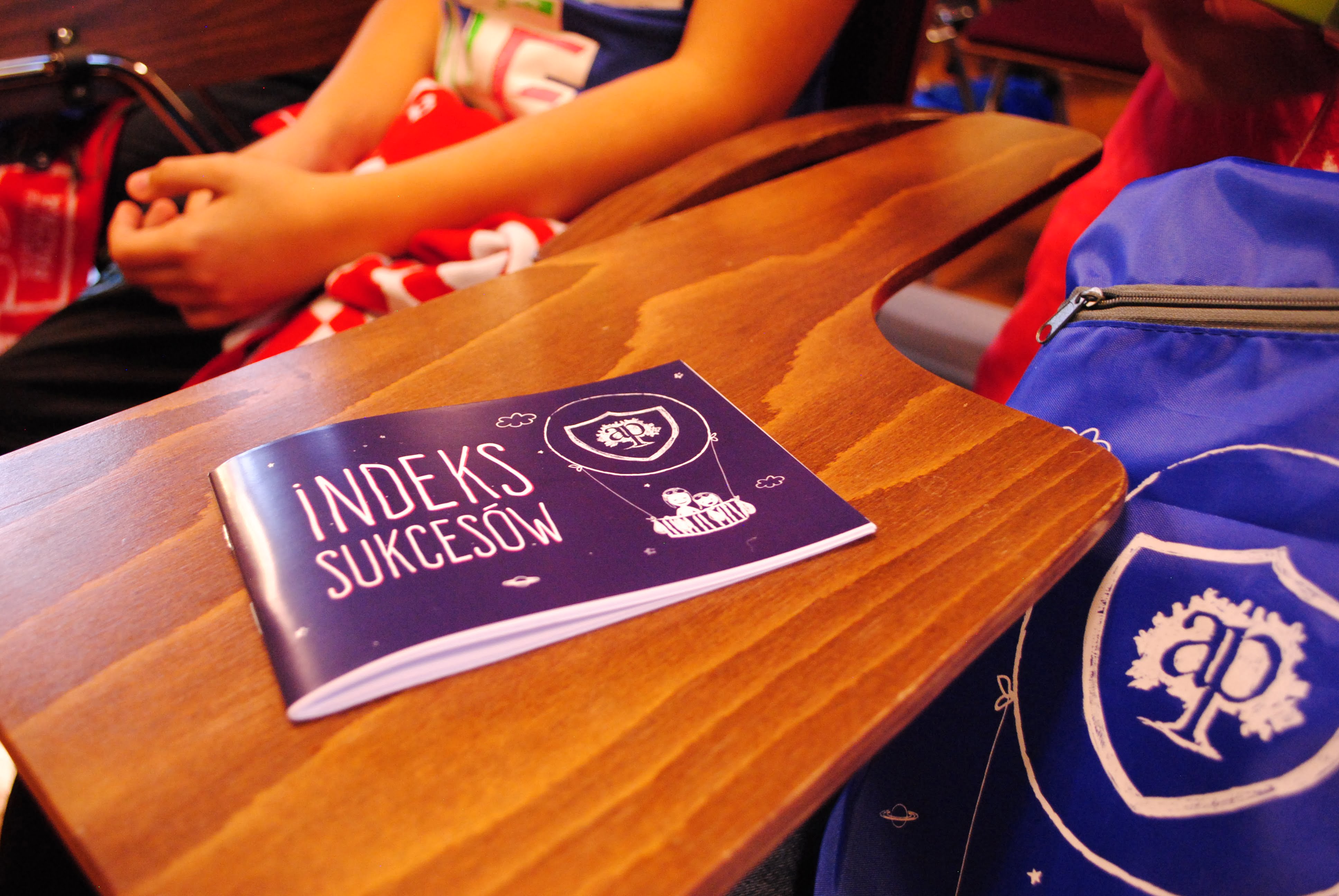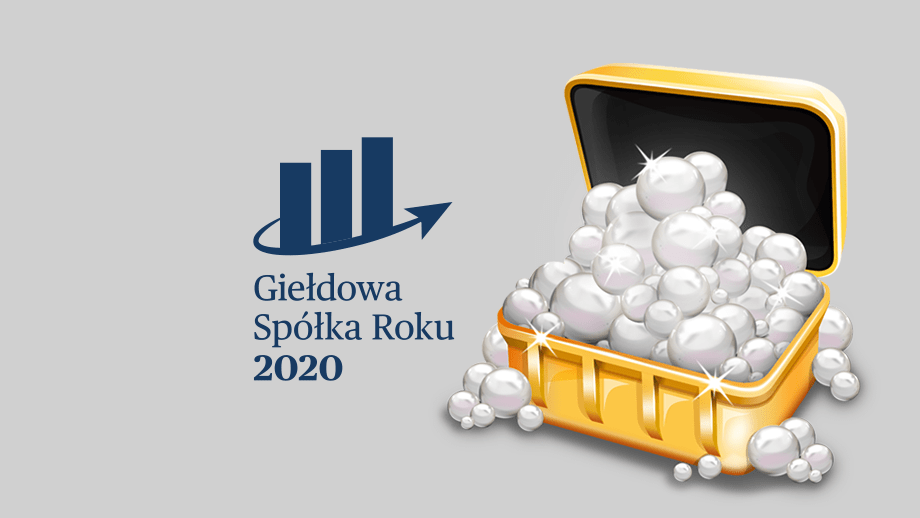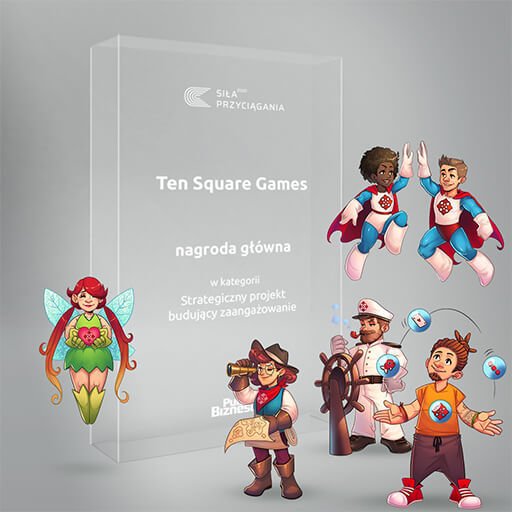



How do multiple perspectives make business ideas robust? Why does a leader’s courage matter? What are the drawbacks of an inclusive workplace? In June we joined Future Collars Diversity & Inclusion program that allows people from non-tech backgrounds upskill to become IT professionals. Olga Ostrowska, our CSR Manager, talked with Future Collars, about why Ten Square Games invests in equal career opportunities.
Why is the “Diversity in IT” Scholarship Fund a much-needed initiative?
Olga: Such an initiative is needed for two reasons. On the one hand, it supports the retraining of those at risk of exclusion, making it easier for them to become independent and find employment in the fastest growing sector of services and products, which is IT. On the other hand, it boosts the creativity of technology companies and their resilience to market challenges. A growing body of research and corporate experience confirms that these are the benefits of introducing into the organization talented people who are not necessarily white heterosexual 30-year-old computer science graduates. We only need to take a look at the findings of last year’s report of the McKinsey consulting agency, entitled “Diversity Wins”.
How does Ten Square Games support building diverse teams?
O: Already at the recruitment stage, we continuously look to improve the language we use when addressing candidates. In the case of some recruitment tasks, when candidates provide written work samples, we anonymize them for the assessors so that they can focus solely on the solutions put forward by the applicants.
We gave one of the most important senior technology posts to a female candidate who had the competencies ready-made for the role, without further ado. We regularly talk to leaders and teams about diversity, reminding them of our Grow Together values as early as the induction stage of new recruits into the company.
We respond immediately to any signals of undesirable behavior. We have tailored our benefits program to address the needs of everyone, for example, by offering medical insurance to same-sex partners or the opportunity to work fewer hours in the first month after returning from maternity leave while retaining the right to full remuneration. Every employee can benefit from psychological support – we provide comfortable and safe conditions for such consultations by cooperating with external mental health experts.
We plan the work and development of the team in such a way that young mothers want to and are able to return to us – and they do. During one of our global corporate events, we provided our young parents with a childcare option. In compliance with global trends, we continue to learn the use of inclusive language. Although we are a young enterprise and the stage of procedures and processes covering all phenomena is still ahead of us, our major source of strength is our transparent communication, the courage of our managers and not sweeping problems under the carpet, which I am most proud of.
These are decisive and concrete actions! So what makes diverse teams important?
O: By working with people different from us, we achieve better results. We are provided with ideas that are more creative and unique, and we also gain access to an unlimited pool of talents. Although diversity in a team requires longer discussions and analyses conducted on a larger scale, it boosts our logical thinking skills, our abilities to justify our reasoning, tells us to be more unassuming about what we know, and makes us more open to what is new while keeping our individual egos at a healthy level.
To continue developing, you need to know that you don’t know everything. Neither will your colleague sitting behind you, but together you will create a project that’s more resilient because it’s battle-tested through teamwork. Moreover, people from diverse backgrounds can feel looked after and more connected to the organization which embraces diversity.
In IT, there are no barriers, stereotypes or groups which are excluded – skills are all that matter. Is this really the case?
O: Of course not. The IT sector is struggling with its own problems, one of which is the so-called bro culture. Having observed how the world’s largest IT brands deal with this issue, I know that Ten Square Games has similar challenges to overcome.
We are fortunate that giving and receiving feedback is the cornerstone of our corporate culture. Both our leaders and HR specialists are close to their people, so they are fully aware of what is happening in the teams.
We educate each other, support each other and gradually develop tools that will help our company be an even better workplace for everyone. To begin with, we have translated our values into descriptions of specific behaviors, and we are training our employees as part of the Skill UP program, which includes techniques for building a respectful and safe workplace. We have more activities planned for the fall, namely inclusive language education, handbooks for leaders, and a grievance procedure.
Is diversity particularly important in the IT/technology industry? Is it more necessary, desirable? Why is that?
O: In my opinion, diversity is a business choice, which helps to reach out to candidates who are equally good at what they do, even though they may differ from our perceptions of, let’s say, computer programmers. Our environment shapes our habits and puts us inside bubbles where we tend to demonstrate clichéd thinking. As I have mentioned earlier, employees with different professional backgrounds help to develop the most innovative products and services that are highly resistant to market fluctuations. In an era of transformation, this is a key competency with a view to gain a competitive advantage.
The “Diversity in IT” Scholarship Fund assumes that the scholarship recipient should be socially active. Does Ten Square Games promote/support the social activism of its personnel?
O: Absolutely. We have among us individuals holding various social functions, for example, representatives of parent councils at schools, volunteers in communities dedicated to diverse interests, as well as a member of the business council at the Centre for Social Policy in Lower Silesia.
You are supporting an initiative that aims to make learning and working accessible to those who are excluded because of factors such as their place of residence, having to care for dependents, or having mobility difficulties. That means working remotely. Does your organization enable its employees to work remotely, and will this also be possible after the pandemic?
O: We are currently investing in office refurbishment as we want to encourage our personnel to return to stationary work. Before the pandemic, there was always an amazing atmosphere in our office, and the diversity we are discussing was easier to experience by meeting face-to-face and working together. However, we realize that our personnel has different needs, for example, those related to childcare, and for this reason we will definitely not move away from the hybrid work model. We give our teams a lot of autonomy in choosing their work style in order to meet the company’s goals and simultaneously take care of the specific needs of our employees.
The article was originally published on Future Collars portal on 6th of August 2021.

Anyone who has ever moved countries, be it for a job, for school, or for…
read more
The second edition of Akademia Przyszłości (the Academy of the Future), an initiative for the…
read more
We are proud to announce that we have been ranked among the TOP-10 companies listed…
read more
On November 25th, Puls Biznesu, one of Poland’s top economic mediums, announced the results of…
read more